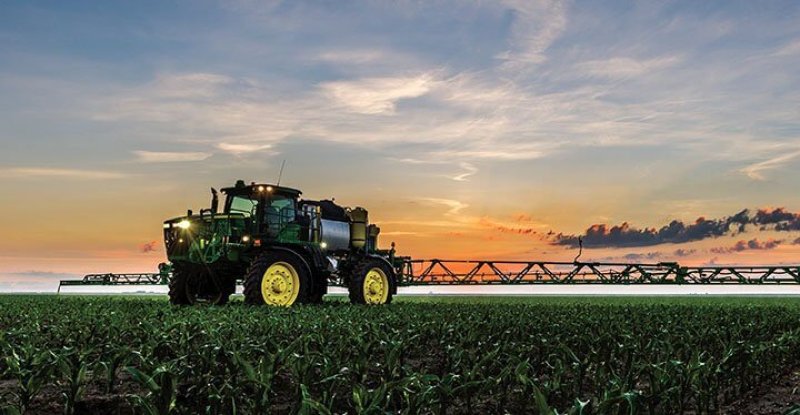In the early 1990s, tillage was the leading form of weed control, with minimum/zero-tillage management practices incapable of long-term continuation. Presently, weed control through tillage has virtually disappeared as cropland management systems have transitioned largely to continuous cropping, with zero to minimal soil disturbance.
Research was undertaken to examine what was driving this land management transition. A carbon accounting framework incorporating coefficients derived from the Century Model was used to estimate carbon sequestration in the Canadian province of Saskatchewan. The results quantify the transition from farmland being a net carbon emitter to being a net carbon sequesterer over the past 30 years.
This evidence confirms the correlation between genetically modified, herbicide-tolerant crops and glyphosate use is a driver of the increased soil carbon sequestration. The removal of tillage and adoption of minimal soil disturbances has reduced the amount of carbon released from tillage and increased the sequestration of carbon through continuous crop production.
This research confirms the essential contributions to improving agriculture’s sustainability made by GM crops and glyphosate, providing insights into the challenges facing jurisdictions that anticipate increased carbon sequestration without either technology or certainly significant restrictions on each technology.
Saskatchewan farmers have confirmed just how crucial the use of glyphosate is with the complementary technology of HT crops for the ability to continuously maintain sustainable land management practices. Removing or restricting either or both of these technologies would have adverse impacts on sustainability.































